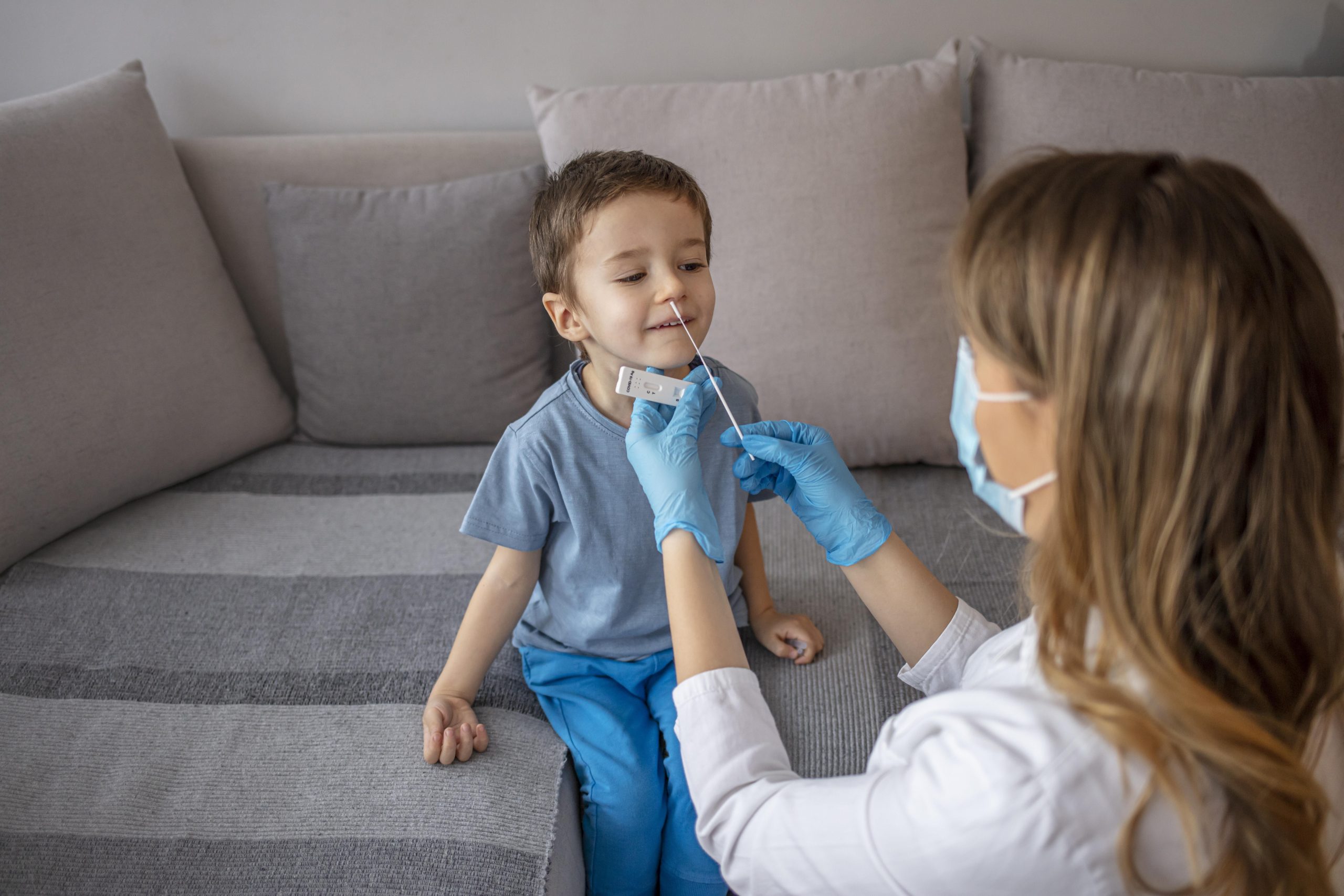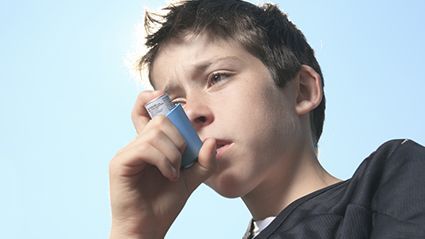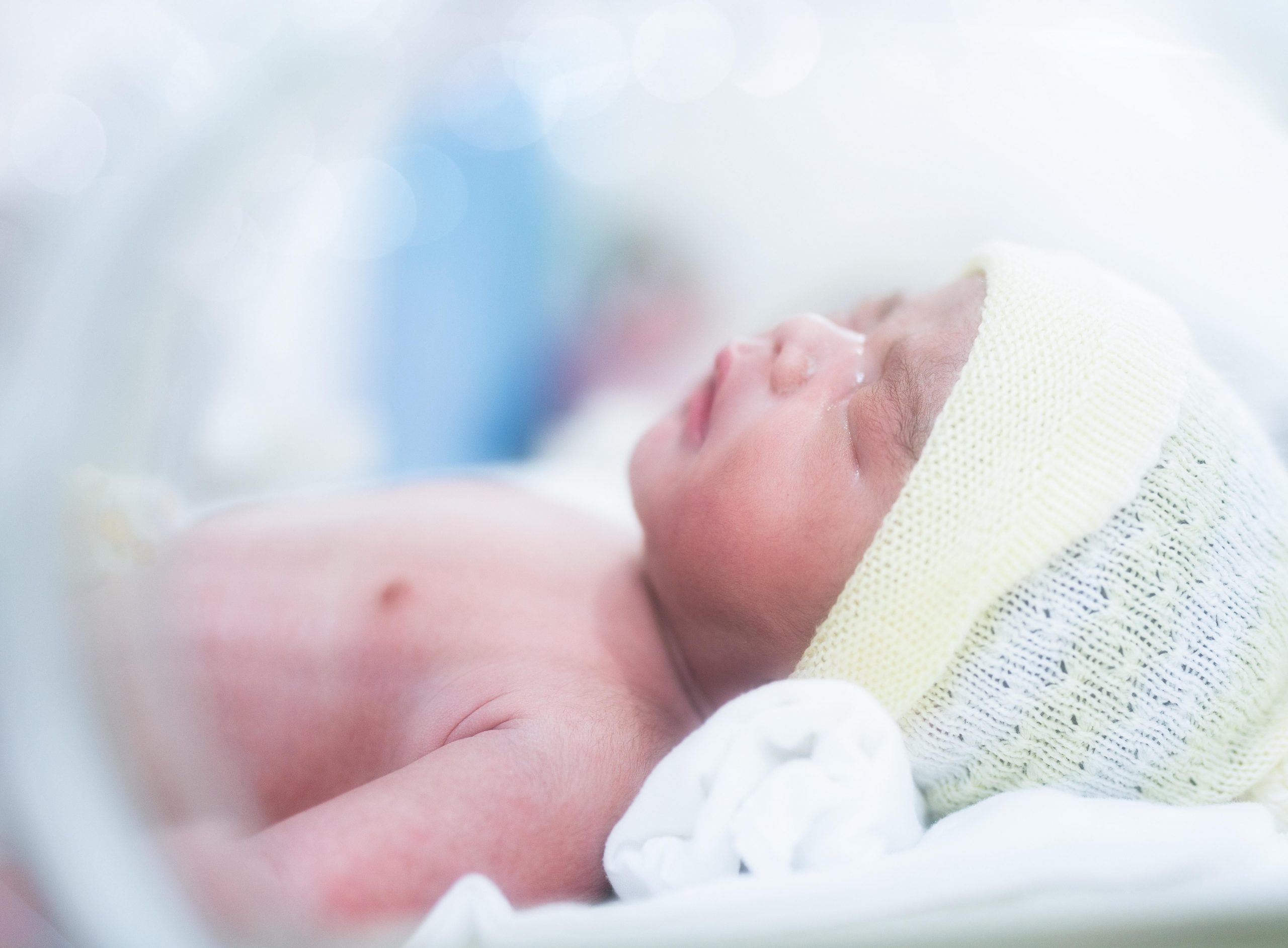
While it isn’t possible to tell parents how long their child will need to remain in intensive care with a serious case of RSV, new research has unearthed clues that may make it easier to predict which kids will require a longer stay. To study the issue, researchers from the Ann & Robert H. Lurie… read on > read on >






























